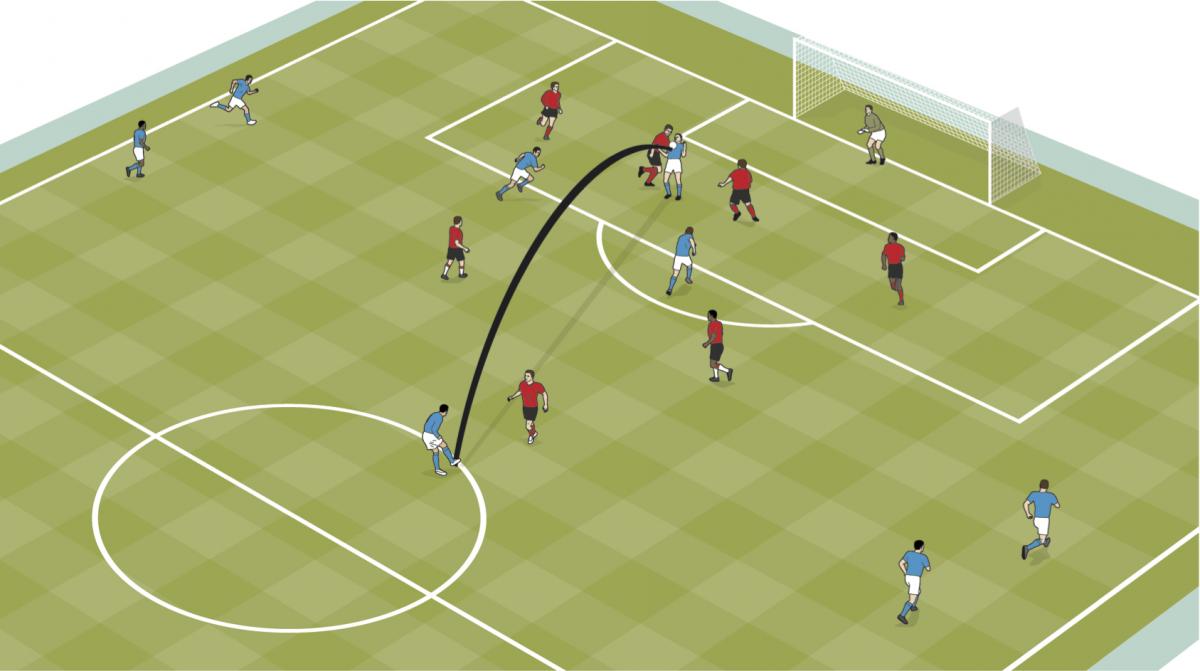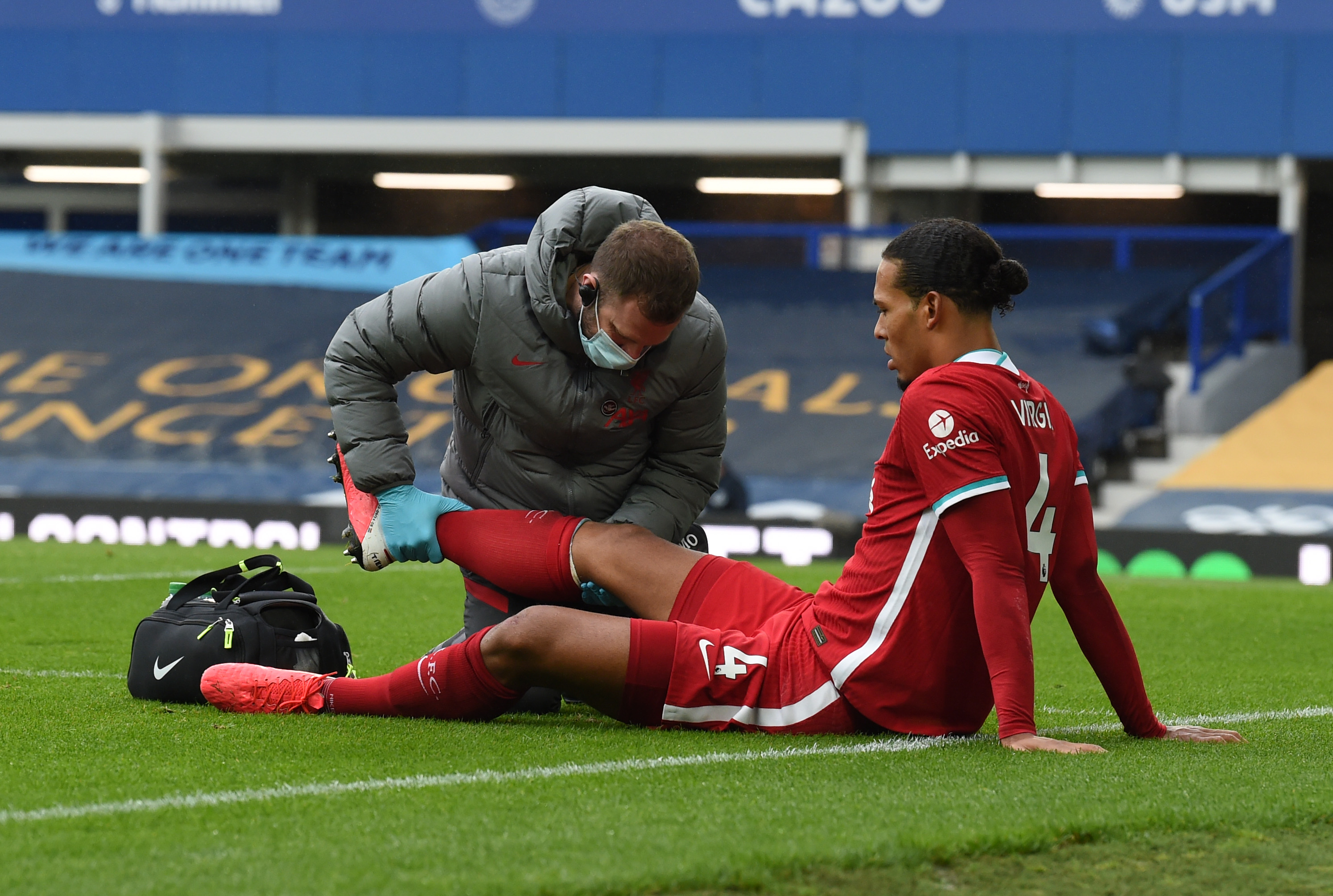How to score a last-gasp goal
When you’re running out of time to get back in the game attack the opposition’s weak spots, says Shrewsbury Town manager Micky Mellon

“If there’s 10-15 minutes to play and we need a goal we focus on getting good service to players who can deliver quality in the final third.
Sometimes I like to exploit a lack of height in the opposition. To do that we’d hit diagonal balls from deep into a target man as quickly as possible. I’m happy for my centre-backs to distribute the ball or a midfielder to drop deep and hit longer passes. The emphasis is on quality.
In training we practise getting two or three players to run off the striker to gain a numerical advantage in the area so we can get on the knockdowns. Practise is so important in preparing you for different situations.
Another good option is instructing your full-backs to overlap as much as possible. This will create 2 v 1 situations against their full-backs, giving your extra man in space time to deliver a cross into the box.
Switching play is another effective way of breaking down the opposition. We identify a weakness and attack it. The team will direct play to one side of the pitch, dragging the opposition out of position, then we quickly switch play to our wingers who are now 1 v 1 against their weaker full-back.
You have to get the balance right between patient, possession football and penetrative play. Keeping the ball is key, but you need to move it quickly and play balls in between the lines to move players out of position and open up the defence.
It’s important that the manager practises as well as the players. I run through scenarios that could occur late in the game so I know the right players to bring on and the right style to adopt when we need a goal. You can’t leave it to chance.”
Get FourFourTwo Newsletter
The best features, fun and footballing quizzes, straight to your inbox every week.
THRIVE UNDER PRESSURE
To develop elite mental and physical stamina you need to draw inspiration from the special forces, says Mellon
1 Take risks
You need players who are brave when the pressure is on. I’m not talking about winning a 50-50 tackle – I’m talking about demanding the ball in pressure situations and backing yourself to produce a moment of quality. This is the bravest thing you can do the pitch. You need technical ability to do that, but also great mental strength.
2 Learn from the best
I like to get insight from unusual sources that I believe will benefit my players. I’ve had members of the SAS come to the club and deliver talks. We can learn from the military about focus and sticking to a plan – practising for when things go wrong. I read a lot about great leaders. I’ve just finished a book on Abraham Lincoln and I hope he will help me become a better manager so I can help my players.
3 Build superior fitness
Sometimes you need to score a late goal or protect a scoreline – without a good level of fitness you won’t be able to do this. I’ve always made sure that my teams are physically fit – you need to be alive to punish the opposition when they relax and take their eye off the ball – fitness plays a big part in that. Mentally it’s a big boost to know you have the physical ability to adapt to difficult challenges.
